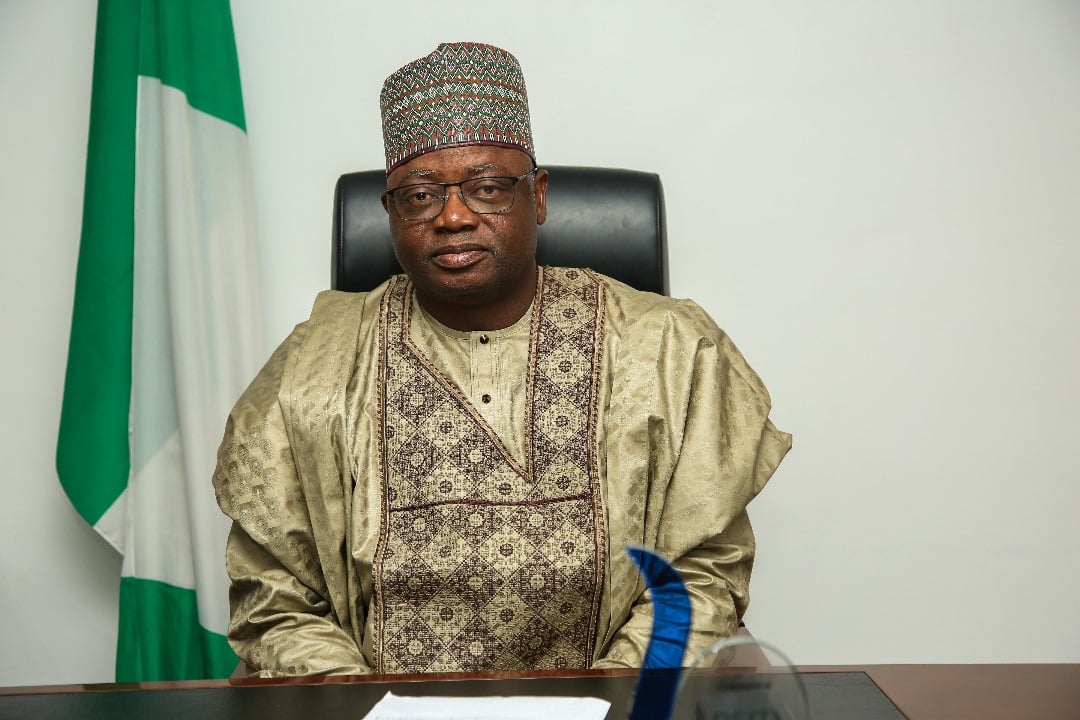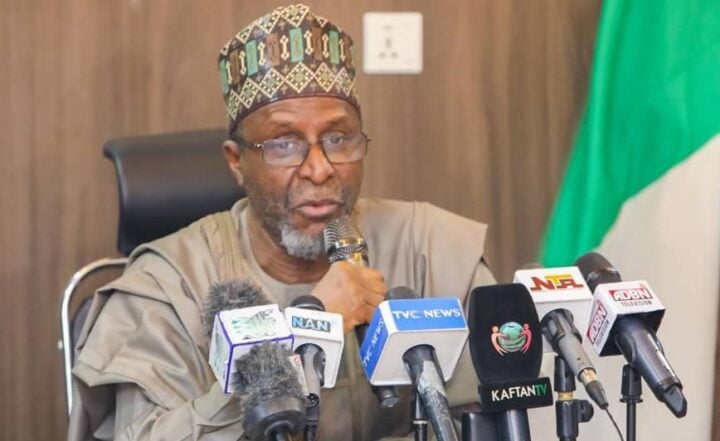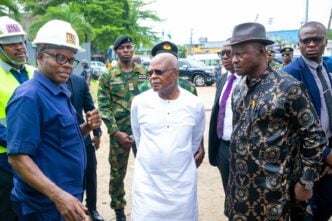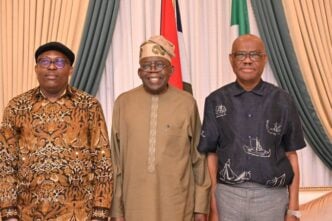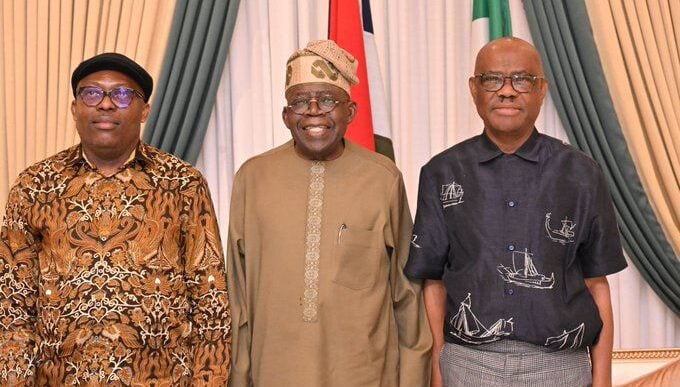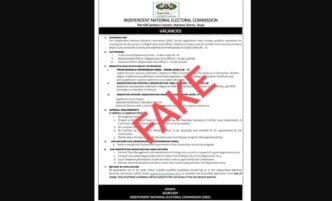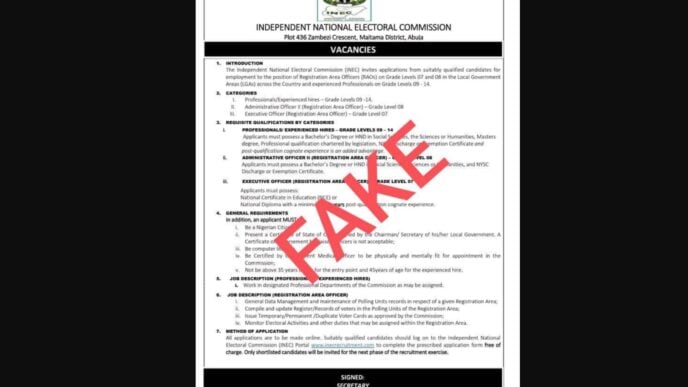Lanre Issa-Onilu, director-general (DG) of the National Orientation Agency (NOA), says indigenous creative artistes should tell Nigeria’s story in a way that highlights the full range of the country’s positive developments in the country rather than narrating one-sided negativities.
Represented by Funke Salako, the southwest director of NOA, Issa-Onilu spoke in Lagos on Tuesday at the Women in Film and Television (WIFT) conference.
The WIFT conference is a yearly event that draws participants from female creative artistes in Nigeria to network, share ideas, and find solutions to issues affecting the country’s film and creative industries.
Joke Silva, a Nigerian movie producer, heads the local chapter of the forum.
Advertisement
Issa-Onilu said creating stories rooted in culture, history, and civic identity is at the root of the current policy of the federal government to nationalise cartoon content in hopes of gradually reducing the large foreign content in cartoons, thereby helping to preserve Nigeria’s heritage.
“The National Orientation Agency, mandated to foster national identity and promote values, has taken up this challenge with commitment and passion,” he said.
“We developed the national identity project, which is anchored on the national values charter.
Advertisement
“The charter is a roadmap for rebuilding and reasserting Nigerian identity. It is structured around three components: the Nigerian promise, the citizens’ code, and institutionalisation policies.
“Each of these pillars ensures that Nigerian identity is not an abstract concept but a lived reality in our homes, schools, and media.”
The NOA DG told participants at the conference, comprising diplomats and movie artistes from Nigeria, other African countries, Canada, and the United States of America (USA), to imagine the transformative power of the initiative, producing a generation of children who grow up watching heroes who speak their language, sing their songs, celebrate their festivals, and embody their values.
He said the nationalisation concept would produce children who learn about discipline, tolerance, and leadership from their textbooks and captivating animations.
Advertisement
